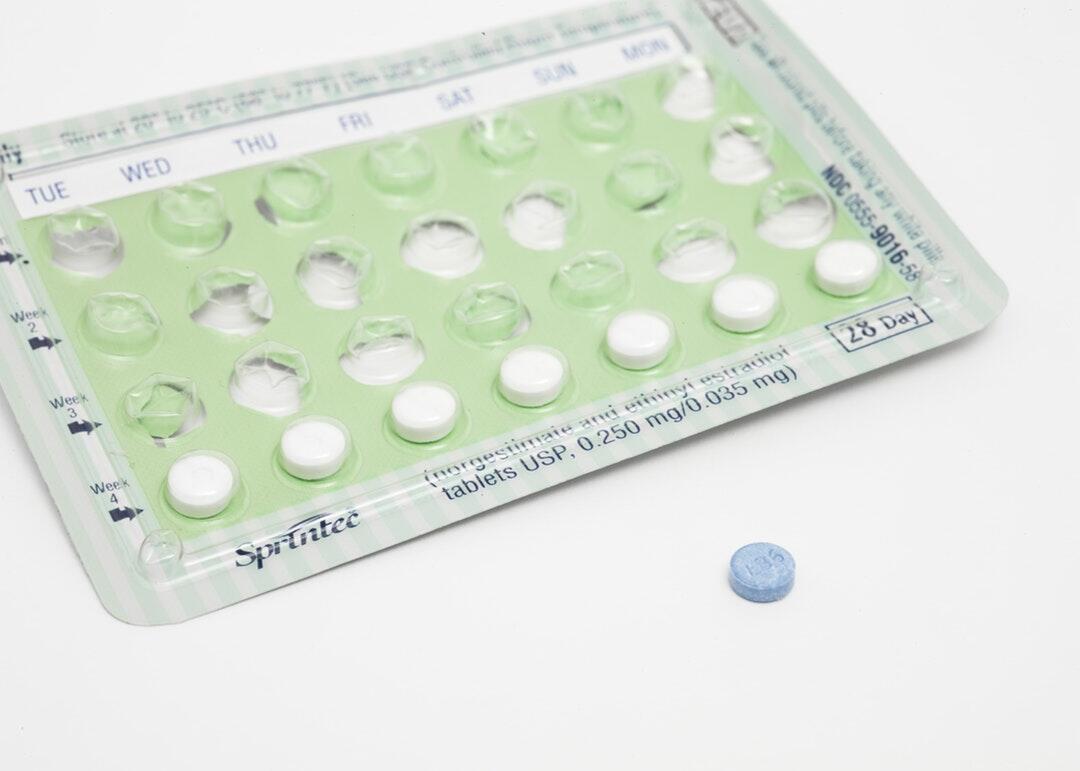
Have you ever questioned whether birth control alters your body’s natural functions?
It’s a common concern among many women, and understanding how contraceptives affect ovulation can empower you to make informed decisions about your reproductive health. Many women using hormonal birth control often wonder: Do you still ovulate on birth control?
This article dives into what happens to your ovulation cycle when using various forms of birth control.
Exploring Birth Control and Ovulation
To grasp the concept of ovulation while on birth control, knowing how these contraceptives function is essential. Traditional hormonal birth control methods, such as the pill, patch, and vaginal ring, primarily work by suppressing ovulation. The hormones in these contraceptives prevent the ovaries from releasing eggs, thereby reducing the chances of fertilization.
For many users, the question of whether they still ovulate on birth control is vital. The direct answer is that most hormonal birth controls effectively inhibit ovulation; hence, ovulation does not occur while using them. However, individual responses to these methods can vary, and some might experience breakthrough ovulation, albeit very rarely.
How Effective Is Birth Control?
Birth control effectiveness is measured by typical use rates, which account for inconsistent application. For hormonal contraceptives, research suggests an effectiveness rate of around 91% with typical use and over 99% with perfect use. This means that while it is possible to ovulate on birth control methods, the chances are exceedingly slim due to how they manipulate the hormonal levels in the body.
Various methods also employ different ovulation suppression techniques.
For example, the hormonal IUD releases progestin, which thickens cervical mucus and thins the uterine lining while typically preventing ovulation. Understanding these ovulation suppression methods can help you make informed choices about your contraceptive options.
Addressing Reproductive Health Myths
The intersection of birth control and reproductive health is fraught with myths. Many individuals believe that if they are on the pill, they will become infertile or experience irregular menstrual cycles forever.
It is important to dispel these reproductive health myths. After stopping hormonal contraceptives, most individuals can resume their regular ovulation cycles and fertility, often within a few months.
It is also worth noting that different types of birth control, such as barrier methods (condoms) or fertility awareness-based methods, do not suppress ovulation, leaving the possibility of conception open.
Do You Still Ovulate on Birth Control? It Depends
If you’re wondering, do you still ovulate on birth control, the response largely rests on the type of contraceptive used. Most hormonal methods prevent ovulation effectively, but do still carry some minimum risk. Understanding how birth control works, along with its effectiveness, can empower you to take control of your reproductive health.
We encourage you to consult with a healthcare provider for personalized advice and to address any lingering questions.
AtWomen’s Health Associates, our dedicated staff is here to provide comprehensive care, whether you’re seeking information on birth control, fertility issues, or general reproductive health. With vast expertise in gynecology and obstetrics, we ensure our patients receive personalized care that fits their needs.
Don’t hesitate; reach out today to learn more about how we can support you.

